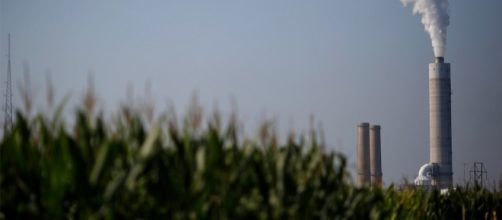The first thing about the Future is that it is not predictable. It is utterly unpredictable. Consider 9/10. Consider famous births. Consider events any of us can easily recall. We live at the edge of advancing time. All there is is now. To talk of the future intelligently is to see what does not work now and consider what to do about it. Planning is nothing but our best guess. We need better guessing than we have just now.
The battery brigade
Consider the current effort to Rid the world of fossil fuels. Some sell their investments in oil. Some give up cars.
But the general zeitgeist appears to favor the forces of big oil. Enter the new battery lords. These heroes say that we can practically spray batteries onto garments these days. Anything harmful about electricity will be banished by the battery people.
Hold on
Not only that we have partisans of the battery-operated driverless car. This is titillating to the executives of companies that have second thoughts about the longevity of both gas guzzlers and their drivers as well. Kill two birds with one stone. Eliminate both drivers and guzzlers. Should we call this a duofecta? It is the car itself, beyond whether it is oil or driver-enabled, that is the problem.
Beyond what we now have
There are several things about now that suggest we need a very different future.
For example, if we are to move beyond racism, we need integrated communities where we can choose to live. They should be new and inexpensive enough to enable all people to afford to live in them. If people have no choice we continue exactly the stratification we now have.
Safety
Or take safety. High rise buildings are inherently unsafe for several reasons.
We have seen the shoddy reason recently in London with devastating fires. There is no reason why we need buildings with more than four levels. We build high-rises out of pride and greed and cultural assumptions about architecture and planning that are inattentive to the needs of human beings.
Economies
The projection of a future that continues with the centrality of the car assumes that cars will remain a growth industry.
It assumes that detached housing along the model of today's sprawl will be standard. And it assumes that we will somehow have the resources to continue affording to buy a detached house (or urban condo), the current education package for our children, and cars for every member of the family.
Unbelievable
I find the premises of the preceding paragraph unthinkable, but they are the clear dream not merely of Trump but almost everyone else. #Cybercommunities are my response to this potentially disastrous sense of the future.


